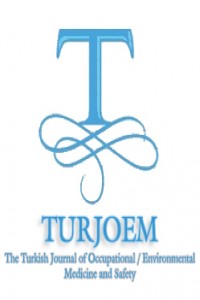Abstract
The use of
herbal products has significantly increased during the last few decades, and
they are routinely used on a daily basis throughout the world. Most herbs are
sold in a large number of forms, such as, raw, tablets, capsules, or tinctures,
and are generally regulated as dietary supplements. They also include vitamins,
minerals, amino acids, herbs and numerous other products. Dietary supplements
are sold in pharmacies, natural product stores, health food stores, internet,
etc, and do not require a medical prescription. Generally, consumers assume
that the use of herbal medicines is safer because they occur in nature or
obtain from plants. Although herbal products and supplements are advertised as
‘natural’, they are not necessarily good to the human body and free of
potential health risks. A large number of active ingredients in herbal plants
are toxic if overdose or without proper preparation which may cause serious
illnesses, or even death. The most encountered herbal intoxications are caused
by aconitum, digitalis, atropa belladona,
nerium oleander, euphorbia etc.
The side effects of all these products are not fully known, and their safety
profiles have not yet been established clearly. In recent years, several cases
of adulteration of herbal products with tadalafil, sildenafil, or sibutramine
have been reported in the world and also in our country. Because of these reasons, each country must
develop regulatory definitions and systems that place dietary supplements,
particularly botanicals, into categories of drugs, traditional medicines, or
foods.
*acikkolm@istanbul.edu.tr
References
- Munevver ACIKKOL
- Istanbul University, Institute of Forensic Sciences, Forensic Toxicology Labs, 34098, Cerrahpasa, Istanbul, Turkey
Abstract
References
- Munevver ACIKKOL
- Istanbul University, Institute of Forensic Sciences, Forensic Toxicology Labs, 34098, Cerrahpasa, Istanbul, Turkey
Details
| Journal Section | Articles |
|---|---|
| Authors | |
| Publication Date | February 16, 2017 |
| Published in Issue | Year 2017 Volume: Volume 2 Issue: İssue 1 (1) - 2.İnternational Congress Of Forensic Toxicology |


